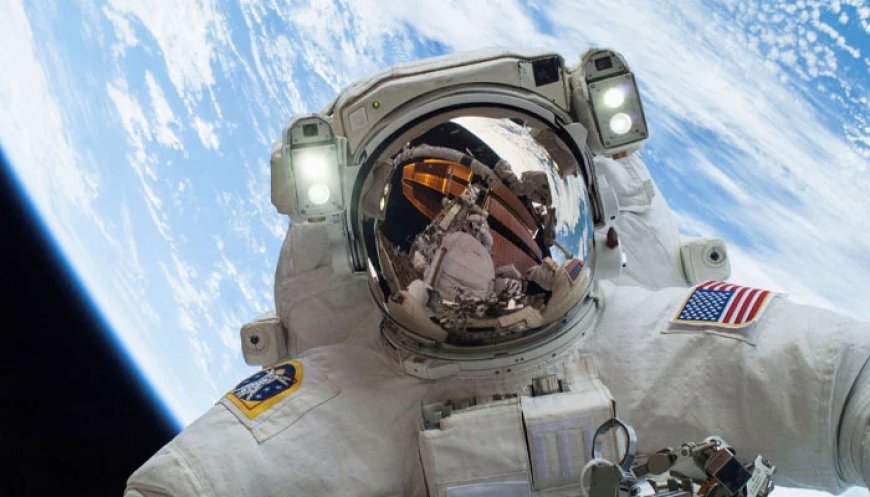Study unveils loneliness on ISS impacts astronauts' taste and smell

1. Spatial perception can be very impactful in terms of how people smell various aromas and taste different flavours
A groundbreaking study by the Royal Melbourne Institute of Technology (RMIT) in Australia has shed light on why astronauts often find food tasteless and struggle with their nutritional needs in space. Published in the *International Journal of Food Science and Technology*, the research highlights the significant impact of spatial perception on the sense of smell and taste.
The study involved 54 astronauts and explored how their perceptions of common food aromas and flavors—such as lemon essential oil, vanilla, and almond extracts—changed in the space environment compared to Earth. Researchers discovered that the aroma of vanilla and almond extract, which contains the compound benzaldehyde, was perceived as more intense on Earth, while lemon's scent remained consistent.
Dr. Julia Low, a co-researcher on the study, noted that loneliness on the International Space Station (ISS) could also affect taste and smell. The study suggests that a heightened sense of isolation may influence how astronauts experience food. Dr. Low emphasized the long-term goal of creating better-tailored foods for astronauts and others in isolated environments to enhance nutritional intake.
The findings could also have applications beyond space travel, potentially benefiting those in nursing homes or similar settings by personalizing diets to improve nutritional intake.
Earlier research has already established that the lack of gravity in space affects astronauts' food perception. As future missions, such as those planned for Artemis and potential Mars expeditions, will involve extended durations, understanding and addressing dietary and food-related issues is crucial.
Gail Iles, a former astronaut instructor and co-researcher from RMIT School of Science, highlighted the importance of addressing these challenges: "With longer missions in the future, particularly those to Mars, we need to thoroughly understand how crew members interact with their food and the related issues," she said.


















































